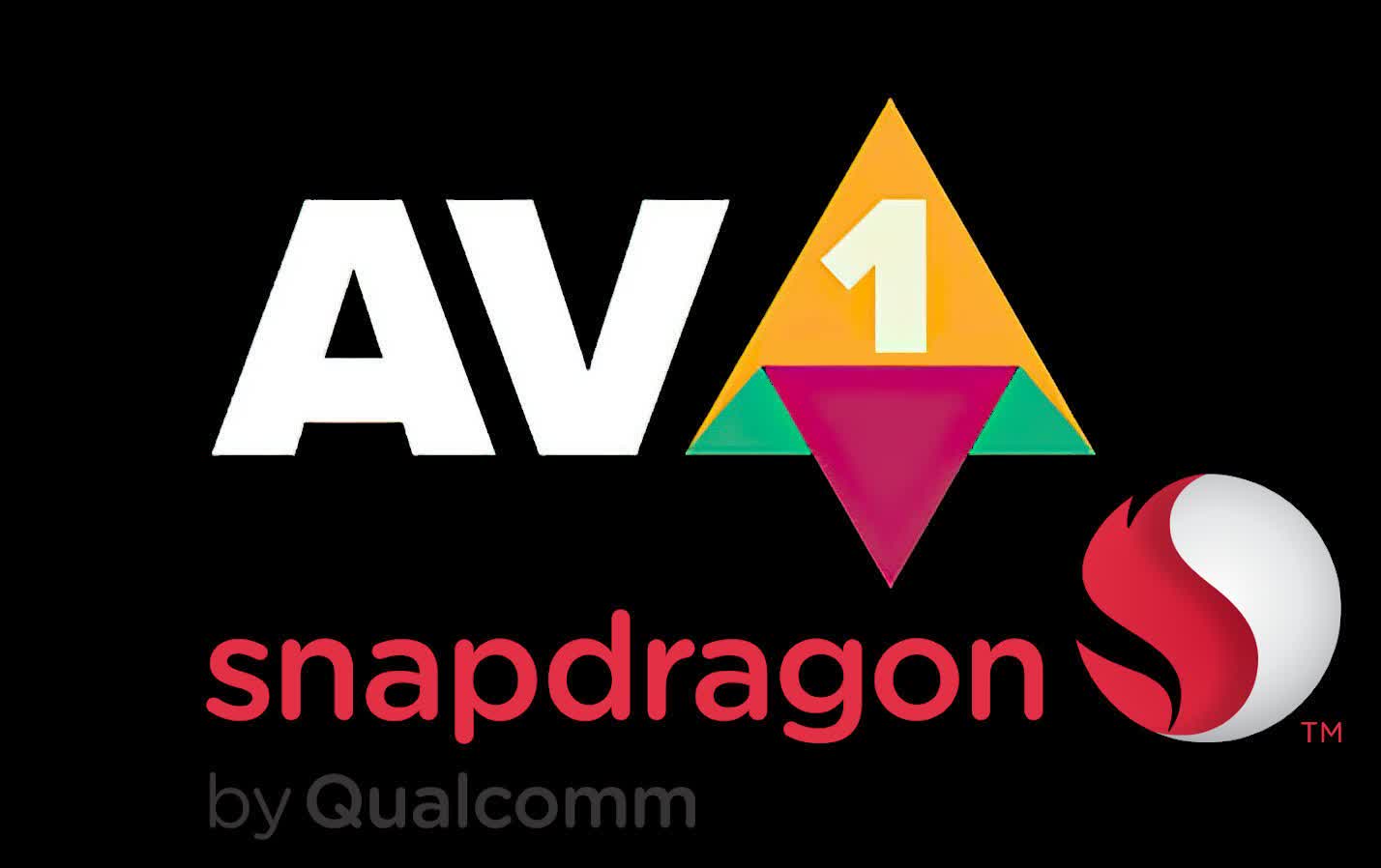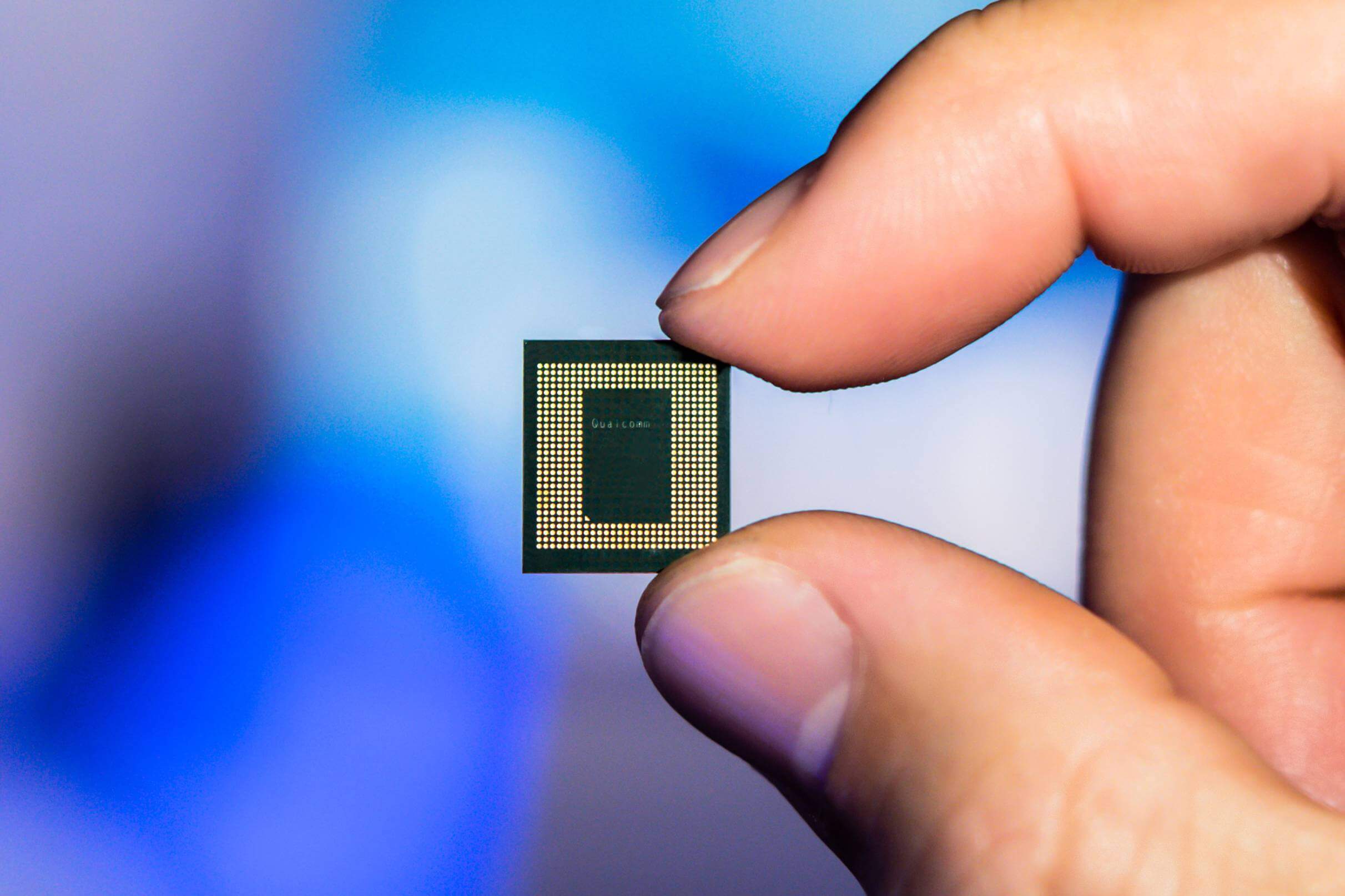Why it matters: Support for the AV1 video codec has been spreading recently. Qualcomm may be one of the most important companies hopping on the AV1 bandwagon through an upcoming mobile chip. Firefox is also upgrading its support for AV1 soon, though it will require some very recent hardware.
Last month, sources told Protocol that an upcoming Snapdragon mobile processor would be Qualcomm's first chip to support AV1 decoding natively. The chip, internally codenamed SM8550, is expected to launch towards the end of 2022, so products featuring it might start appearing next year. However, these details are subject to change.
The codec is more efficient than some others like VP9, and unlike H.265, using it doesn't require paying anyone royalties. AV1's downside is that it requires more powerful hardware.

In January, Qualcomm GM of mobile Alex Katouzian told Anandtech that the company had been slow to adopt AV1 because it plans its chips about two or three years in advance. He confirmed Qualcomm is working to support AV1 in the future without providing exact details.
Another company preparing to add AV1 hardware support is Mozilla. Last week, a bug report on Bugzilla asking the company to add AV1 decoding to Firefox was closed. Can I Use notes that the feature will arrive with Firefox 99, which will see a full release on April 5. So far, Firefox has only decoded AV1 through software.
Late last year, Mozilla said AV1 wasn't a priority because only around two percent of its users had the hardware to support it. According to Microsoft, it requires the latest Intel, Nvidia, or AMD chips on Windows. Users will need either an 11th generation or later Intel CPU, an Nvidia RTX 30 series GPU, or an AMD RX 6000 series GPU.
Google added AV1 support to YouTube last year in hopes that it would push more hardware manufacturers to adopt it.
